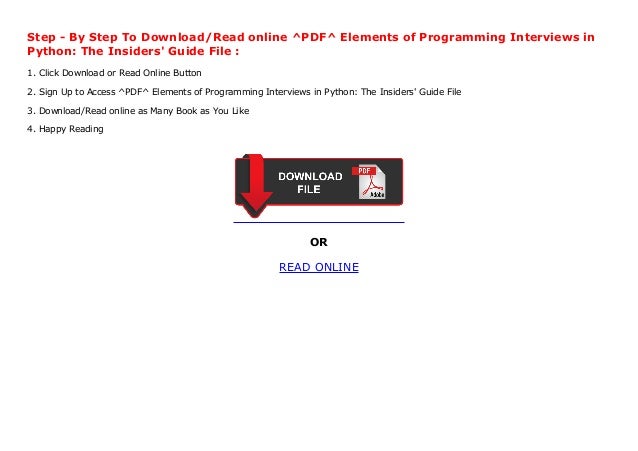

You better block out some significant time immediately to get up to speed on at least the basics of Python and realize that unless you have years of experience in another high-level, object oriented, programming language (i.e. However, if you do not and you managed to bluff your way into an interview without the necessary knowledge of Python, you have some serious effort to put in. Seems obvious if you have applied to a job listing for a Python developer role that you should probably know Python.

Keep in mind that most, if not all, of these tips also apply to remote jobs, which typically have similar hiring processes as those that require you to work on-site. So, if you are looking to break into the Python programming space or even move up to a senior Python developer role, I invite you to keep reading as I layout some important tips for being as competitive as possible in the interviewing game. Well let me be the first to tell you that is very unlikely to be the case, and even if it does work you are not likely to stay employed for long once the other members of your team realize you don't have the chops to cut it on their team. You may be thinking, with the shortage of programmers in the job market all I need to do is show up and answer a few questions about basic Python syntax and let my degree or bootcamp certificate take care of the rest. In this article I will be giving my opinions and suggestions for putting yourself in the best position to out-perform competing candidates in a Python programming interview so that you can land a job as a Python developer.


 0 kommentar(er)
0 kommentar(er)
